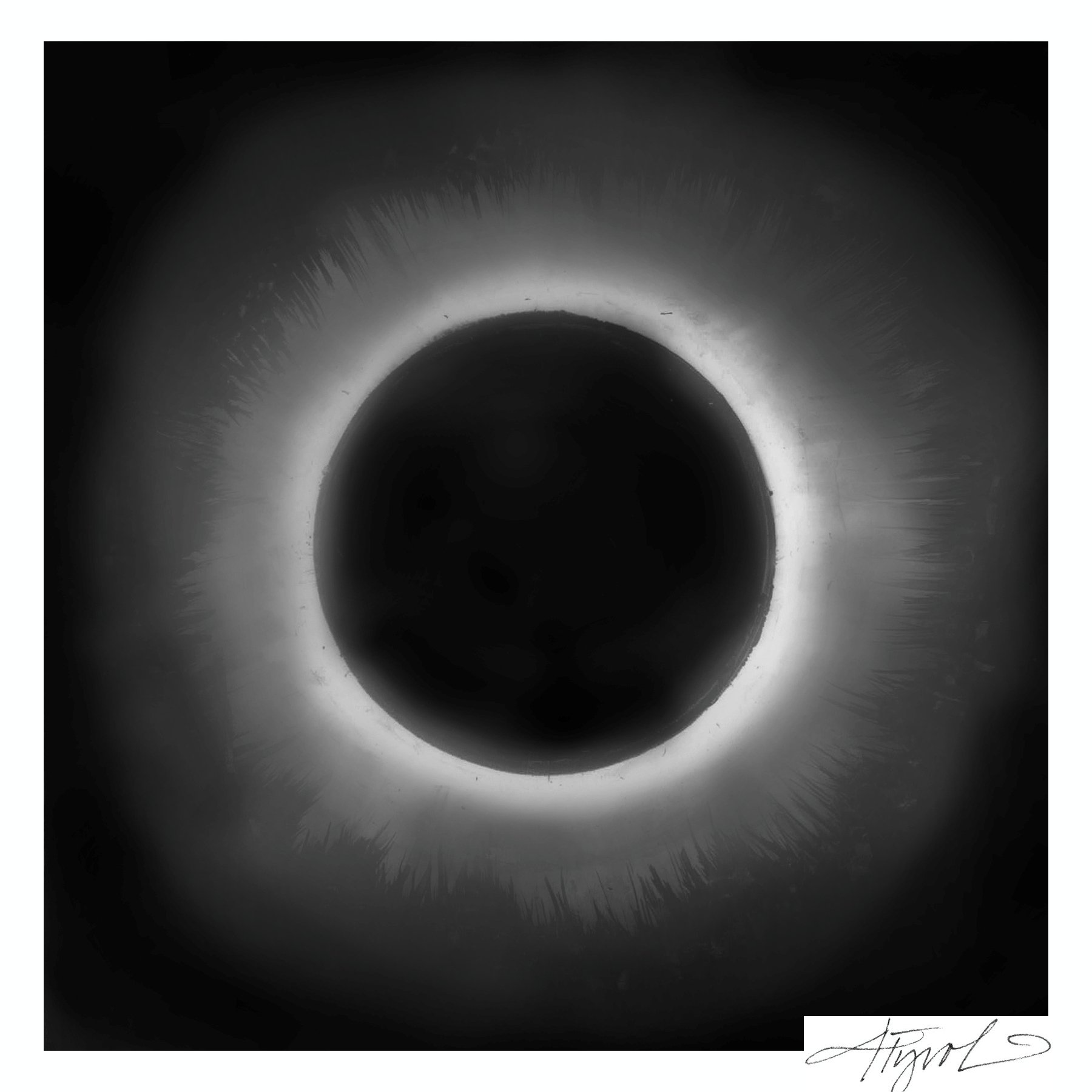
Blood Moon goes dark on March 14
The total solar eclipse on April 8, 2024, grabbed headlines and dazzled millions, and now 2025 has a total eclipse of its own, albeit of the lunar variety taking place while most humans in this time zone are usually sleeping.

How wet weather affects fall foliage
The Northeast is famous for its fall foliage, as the lush, green leaves of summer transform into bright hues, turning hillsides and valleys into quilts of scarlet, ochre, and gold. Among the brightest foliage is that of our region’s various maple species. But as our summers have become on average warmer and wetter, the celebrated bounty of fall color may fade.

Yes, the ducks with one eye closed are sleeping
Birds exist in a fluid and unpredictable world. Survival depends on remaining constantly alert, adapting and responding to encounters with predators and environmental conditions that change with the seasons, weather, and geography.

The saga of the Sunapee Trout (a.k.a. Arctic Charr)
If you wanted to see the Sunapee trout, you might be inclined to search in its namesake, New Hampshire’s Lake Sunapee.

Road salt impacts aquatic life year-round
Road crews across the United States use more than 24 million tons of road salt to melt ice and snow each year – triple the volume used in 1975, according to the U.S. Geological Survey.
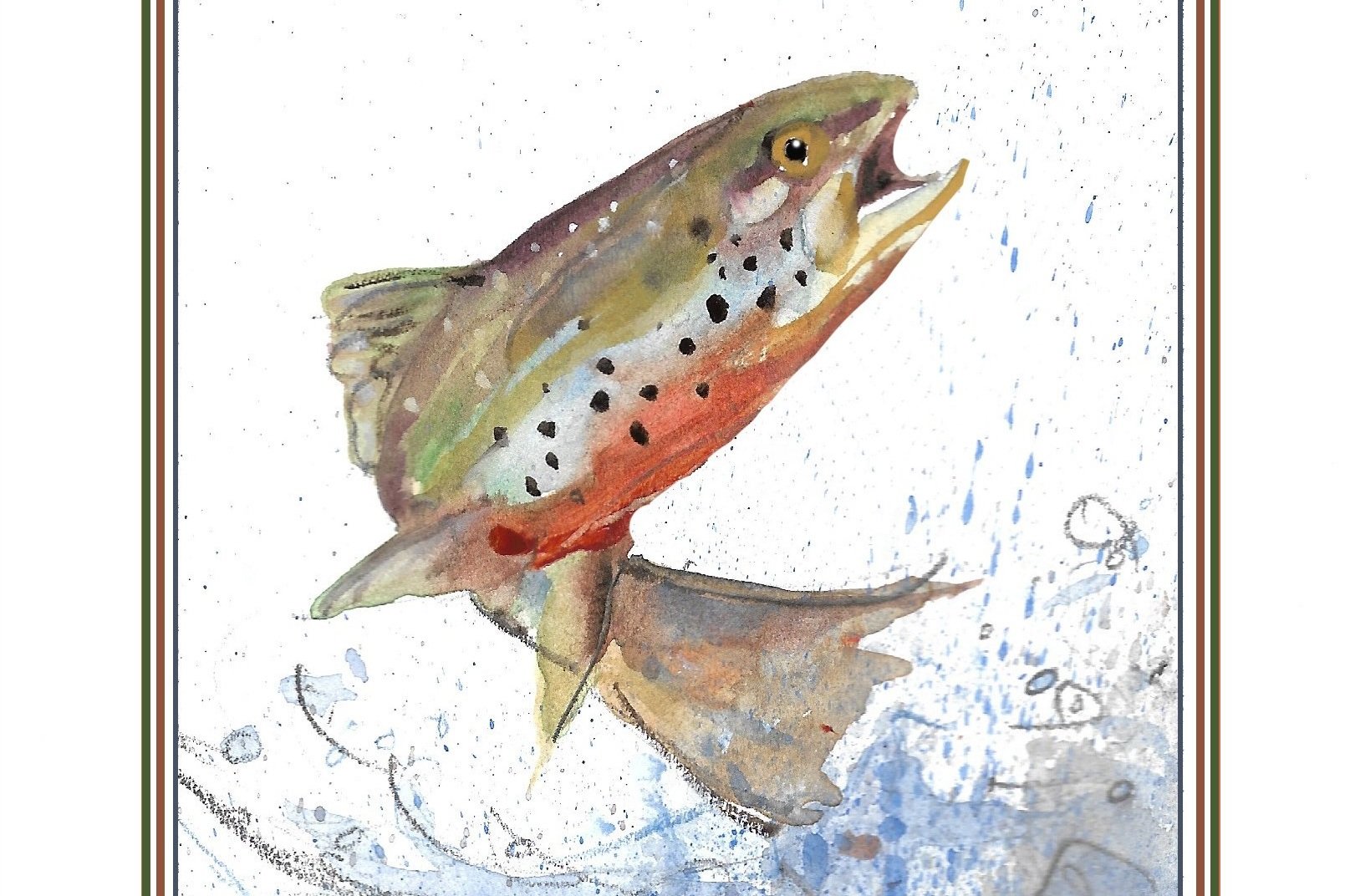
Severe flooding impacts aquatic life
July 2023 was the hottest month ever recorded worldwide, according to the National Oceanic and Atmospheric Administration, and rising temperatures associated with climate change have dramatically increased atmospheric moisture, causing more frequent and severe storms.
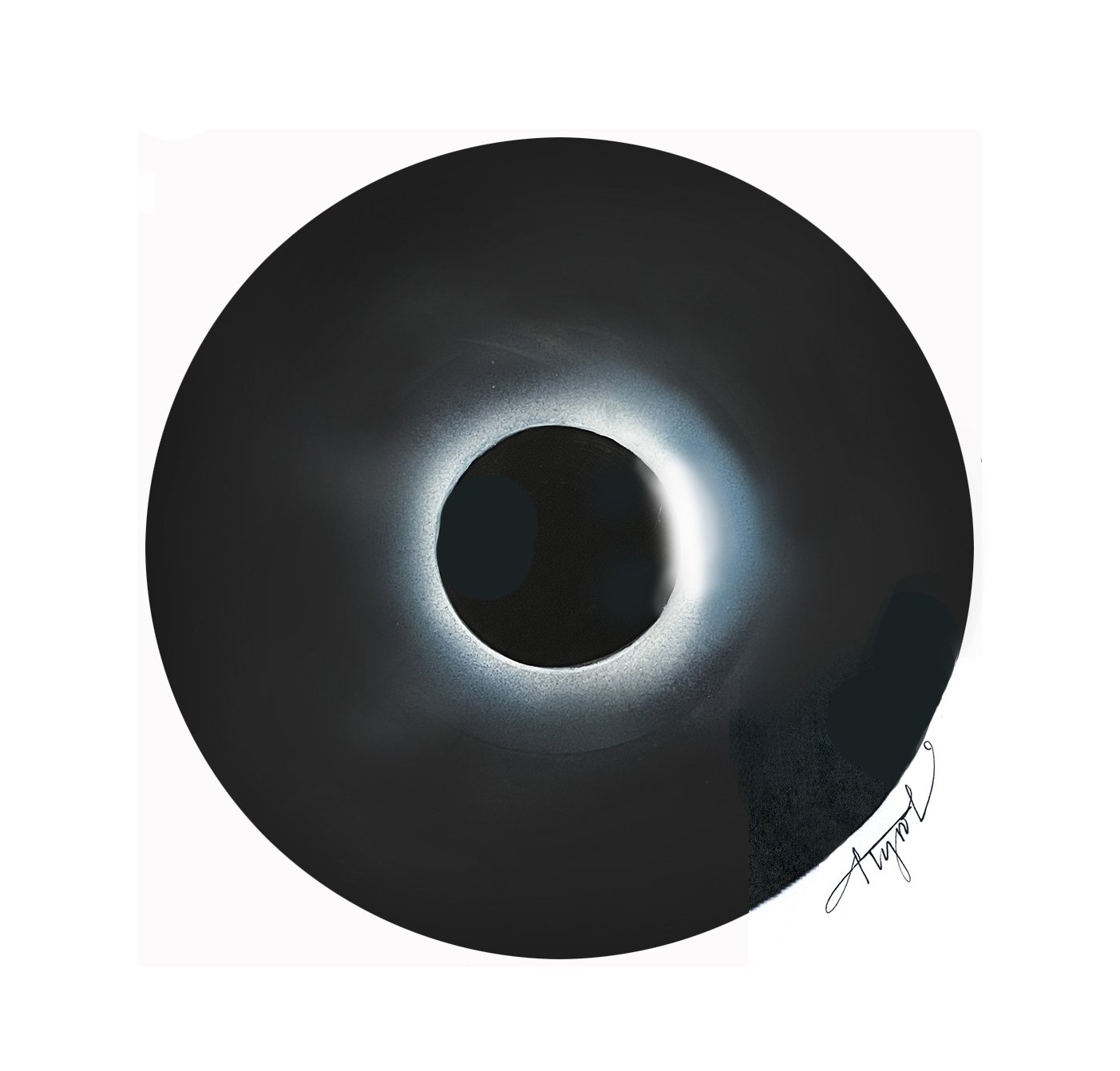
Total eclipse of the sun is headed our way
In the cosmic dance of heavenly bodies, no phenomenon possesses the drama of a solar eclipse, when the moon passes directly between the sun and earth. This year, our region will experience a total solar eclipse on April 8.
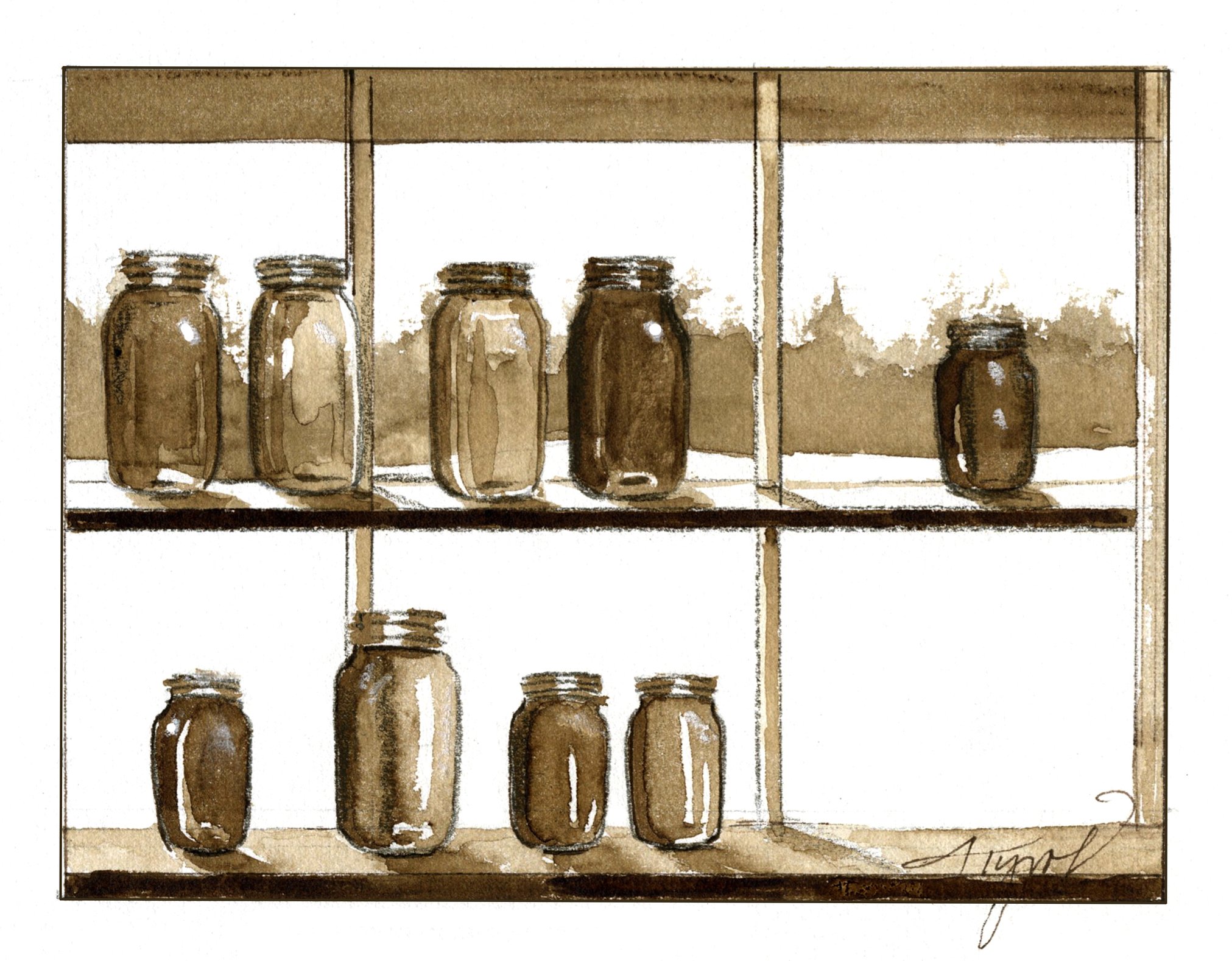
Maple sugaring adapts to a changing climate
Boiling maple sap into syrup is a time-honored tradition in the Northeast, to the olfactory delight of anyone who has spent time in a steamy sugarhouse while inhaling the sweet maple scent of the season.

Ebbing snow cover affects plants and animals
Our region is riding a meteorological roller-coaster. Overall, winters are shorter, temperatures warmer, there is less snow cover, and we are experiencing more wet-snow and rain events.
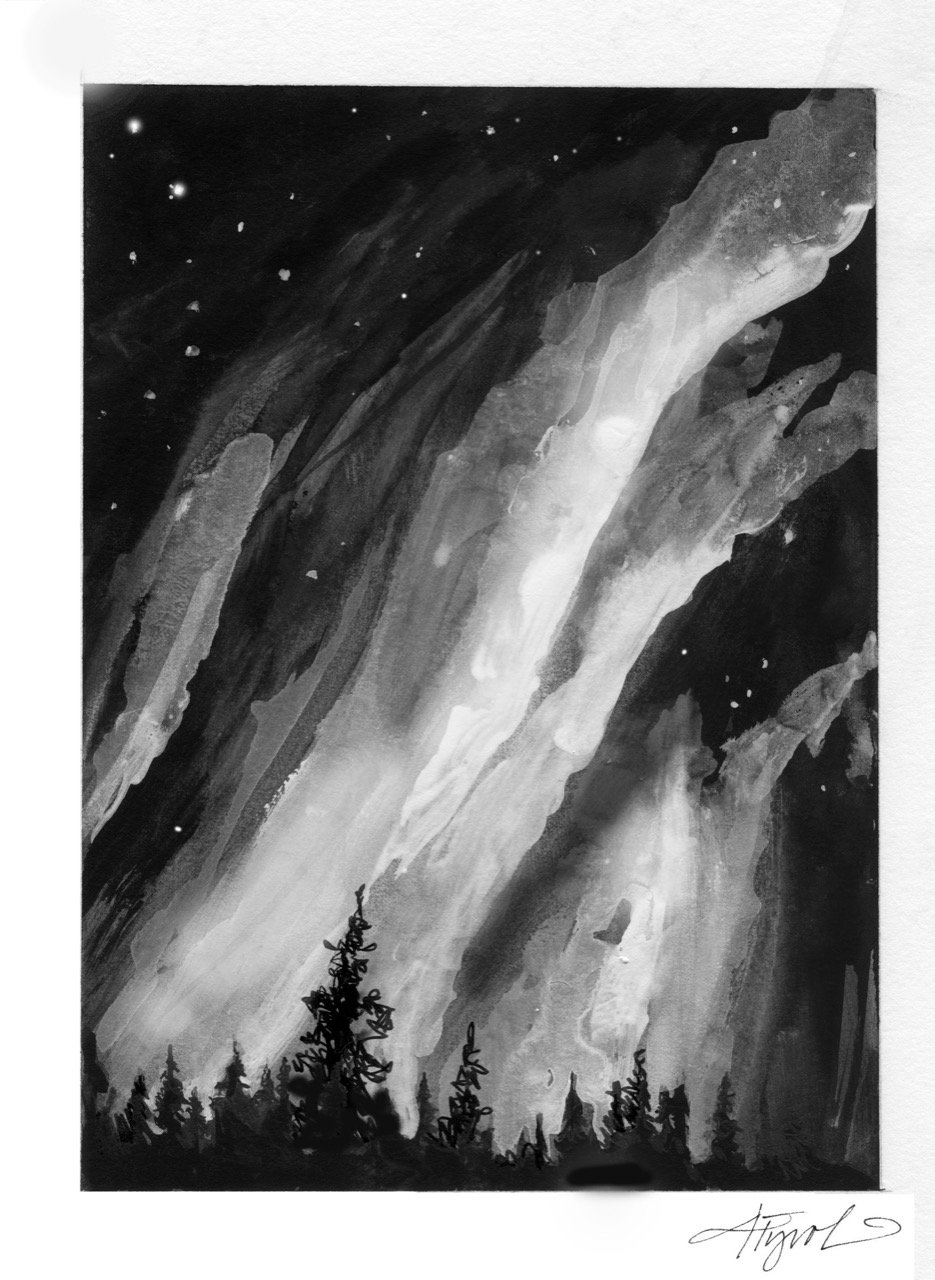
Day and night, winter light is a phenomenon to behold
Northern lights, the aurora borealis – perhaps the most spectacular display of winter light – are borne of light emitted when electrons in the gasses of Earth’s upper atmosphere (nitrogen and oxygen) are energized by bursts from a solar geomagnetic storm.
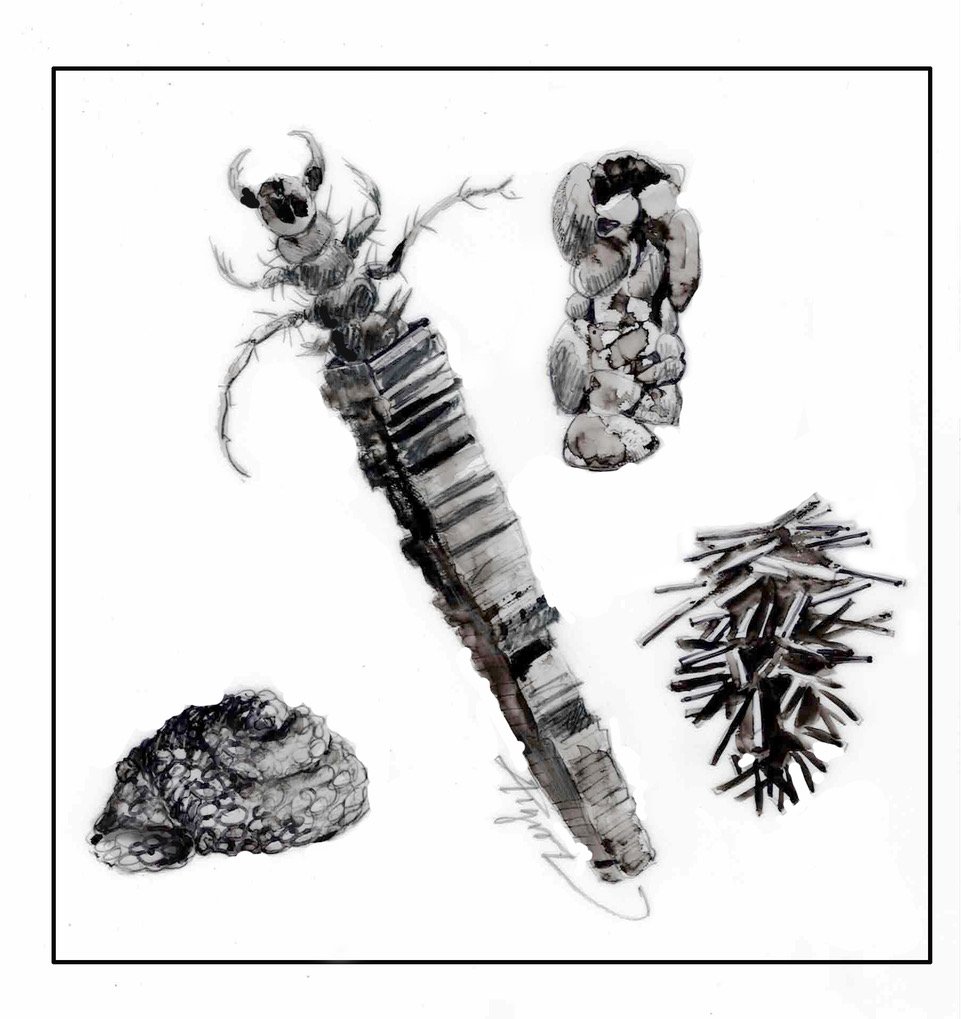
The Outside Story: Six-legged creatures of winter streams
Insects are abundant in winter streams because they are able to find food and, on most days, the water is warmer than the surrounding land. Many species hatch in time to consume autumn leaves and the bacteria that grow on them.
